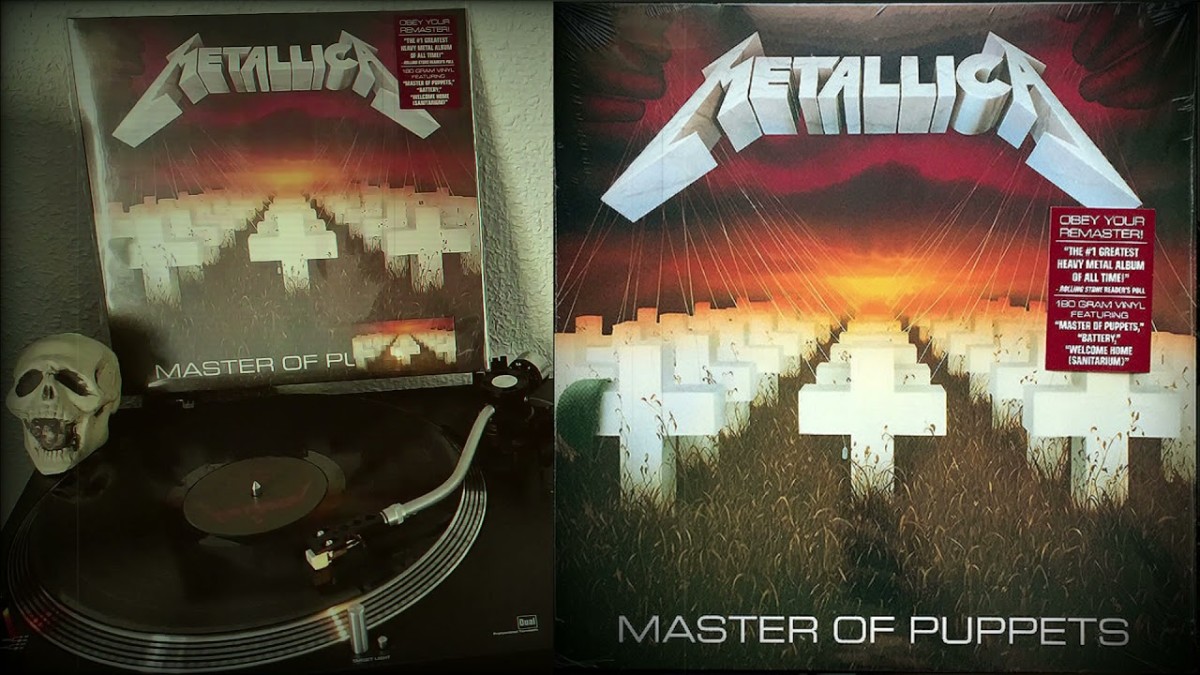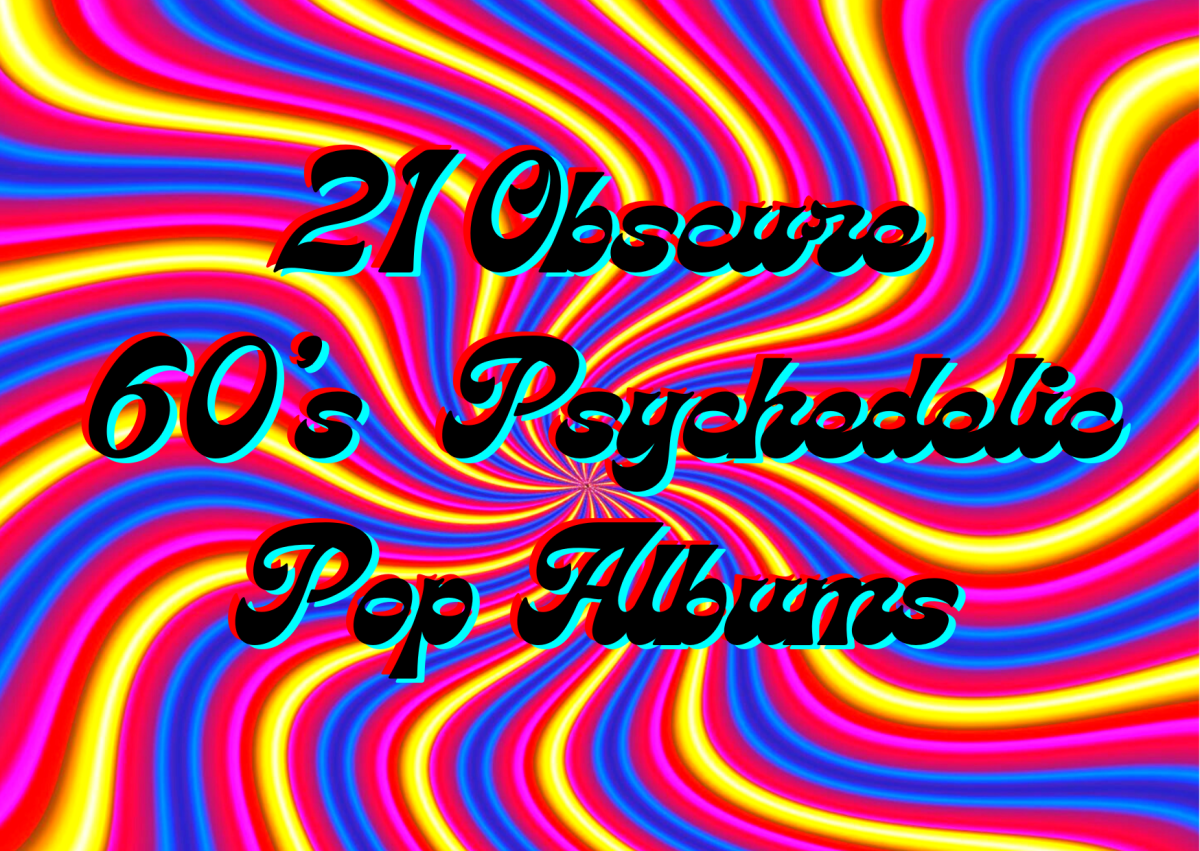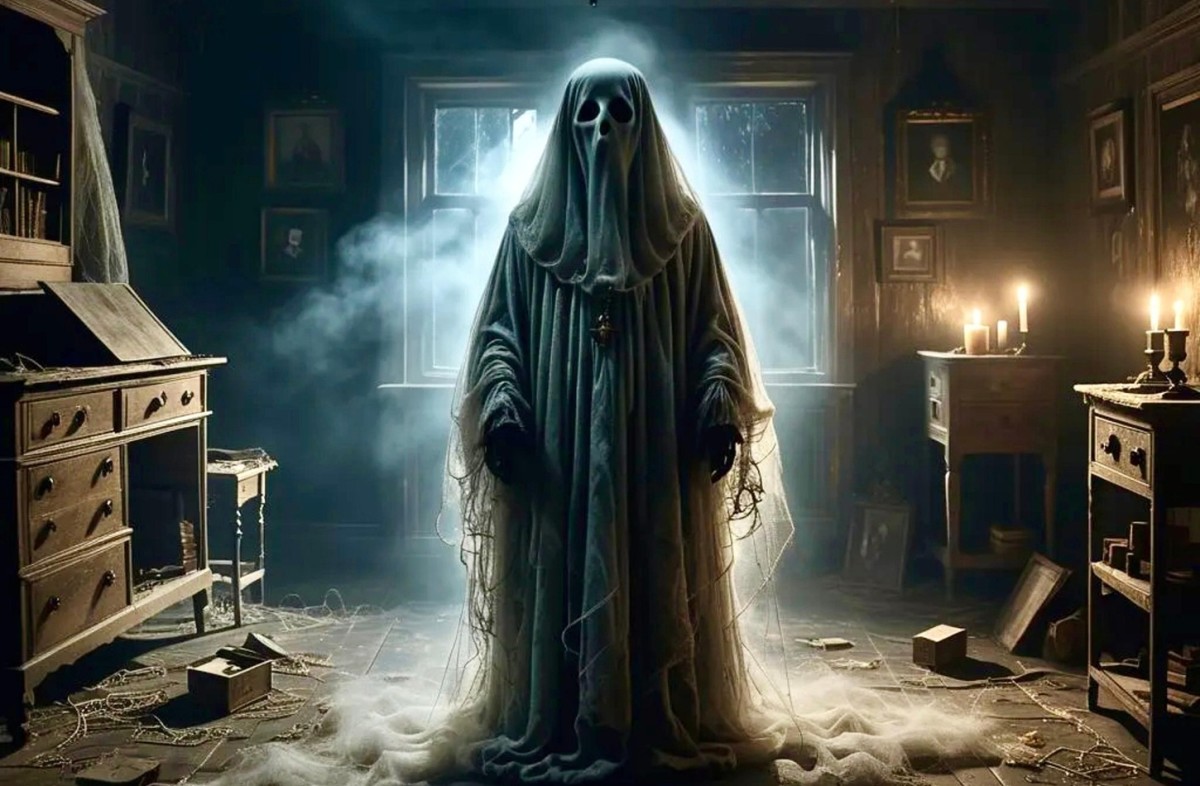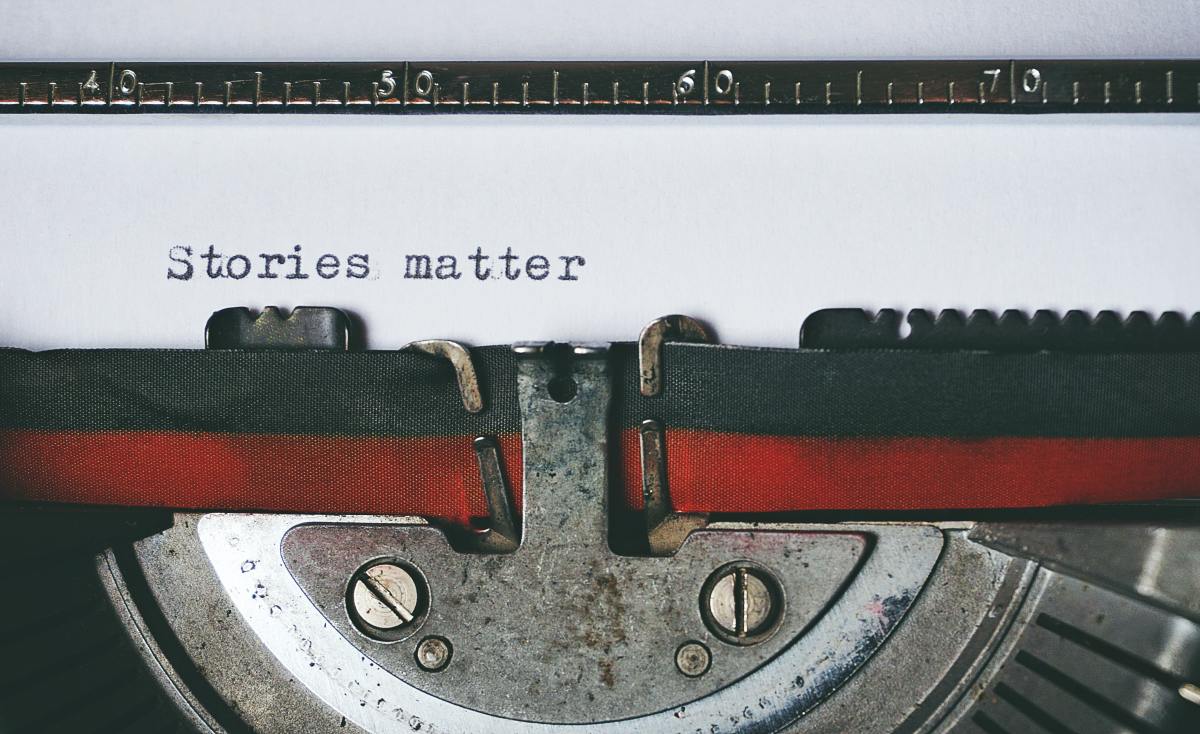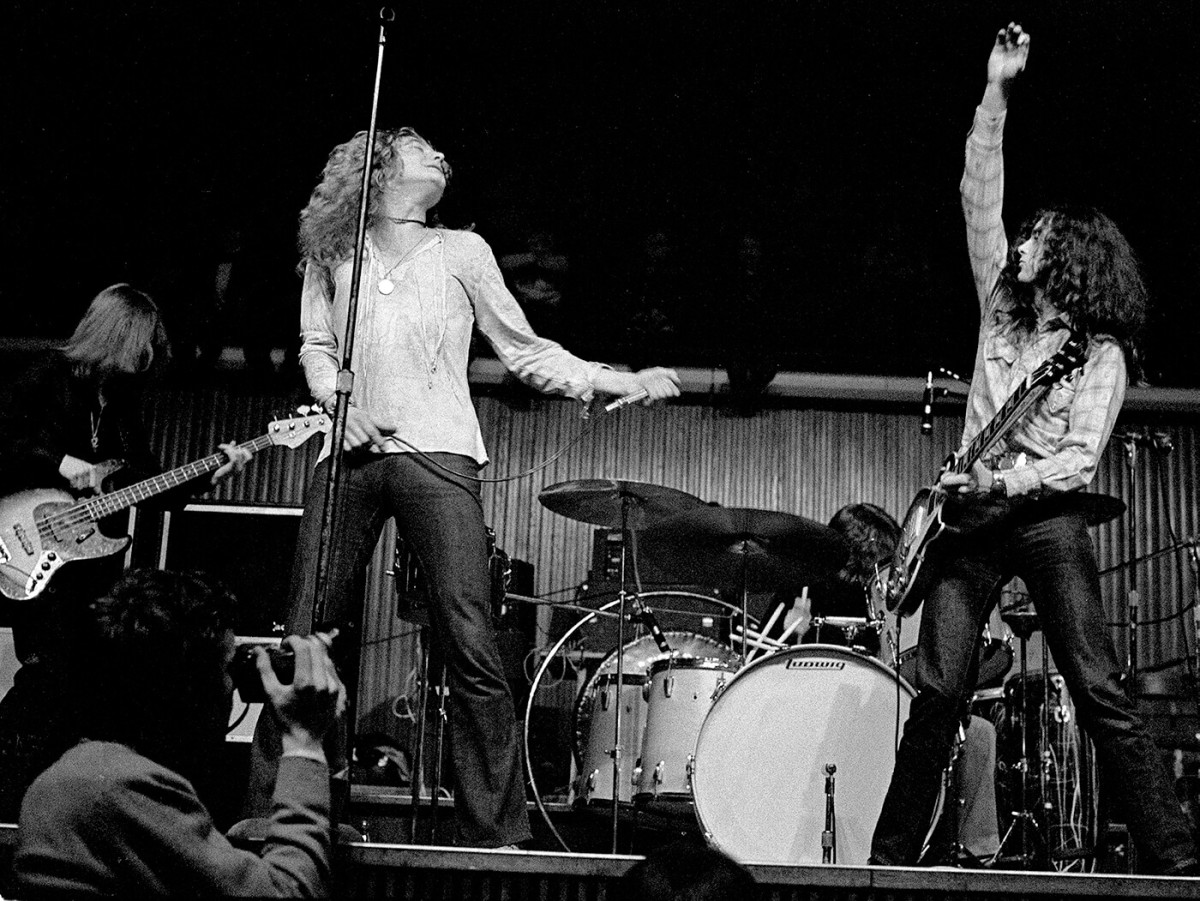Five Essential Electronica Albums
How do you get started with Electronica?
Those looking to expand their musical horizons are probably familiar with the category known as Electronica, which can include subgenres like Ambient, New Age, Techno, and Dance. Due to all the various subgenres in Electronica, it's a particularly hard form of music to like sometimes. Particular brands can be overly repetitive and monotonous for some while others are too gadgety or sound too computer-generated.
While I am no expert on music, I definitely think there's room for Electronica in a diversified music collection. Here are a few of my favorite albums that I hope explore a lot of what Electronica has to offer and allows the intrepid music lover to find other albums that suit their tastes.
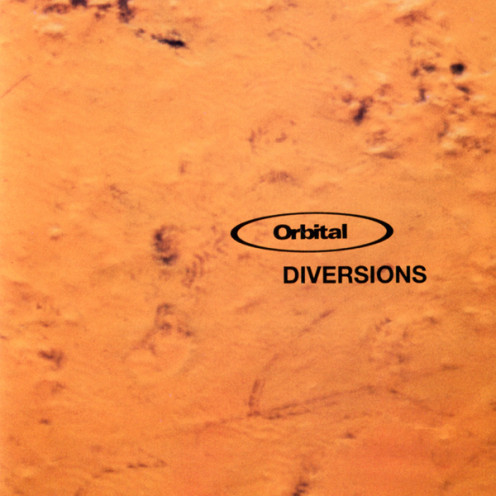
Orbital - Orbital (2002)
May sound a little dated at this point, but Orbital has done a good job of mixing genres into Electronica. I like music that offers up a complex mix of sounds and Orbital's music tends to do this. While they do sound computerized and synthesized, the tracks on this album, called the "Green Album" on Amazon, offer a nice introduction to their music. I'm particular fond of funny sampling and the second song on this album, "Moebius", uses some stuff from "Star Trek: The Next Generation". It's always good when musicians show a sense of humor. Orbital also does what a lot of other Electronica does, which is create interesting soundscapes, so in that way it borrows from what Ambient does. In fact, one might describe Electronica as a cross between Ambient and Dance.
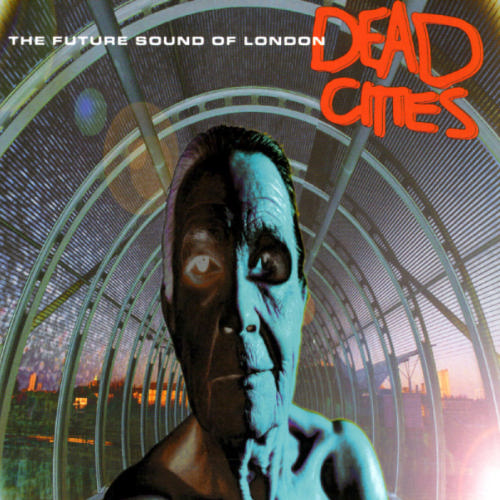
The Future Sound of London - Dead Cities (1996)
I was in a record store when I first heard this album (the chain no longer exists) and had to go up to the cashier and ask what was playing. I immediately bought the album. Future Sound of London has a lot of good albums, but some of their stuff gets more monotonous than others, so I'd recommend this one as an introduction to their stuff before buying anything else. "Dead Cities" definitely falls into the category of soundscape, but boy is it a good one, even if you don't normally get into the soundscape genre. Yes, the subgenre can be a little daunting because the music isn't always melodic, but the sounds this group puts together are just fascinating and I think, more than their other albums, this one tells a story. There's definitely an urban, aggressive feel to this album - as though some of the sounds were constructed from beating against trash cans in an alley.
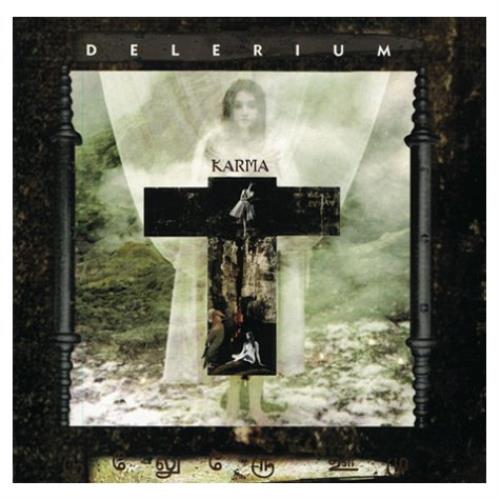
Delirium - Karma (1997)
This album is the product of that whole Gregorian chant/electronica wave started by the group Enigma with the album MCMXC A.D. in 1990. Effectively, Delirium took Enigma's original idea and expanded on it in a way that Enigma failed to do with their follow-up albums. Another album that gained wide popularity in this subgenre is the self-titled album by Deep Forest from 1993. Both the Enigma album and the Deep Forest album are excellent and well worth a listen.
While "Karma" isn't exactly Gregorian chant, it combines chorus-like voice work with more typical techno, beat-type dance music. What's compelling about "Karma" is the richness of the soundscapes and the complexity of the overall rhythms. Most who listen to the first three Enigma albums agree that they get a little monotonous. "Karma" is rich and interesting all the way through.
One slightly amusing aspect to "Karma" is that Itunes classifies it as Indie Rock. This is a common occurrence with Electronica. Much of the music is hard to classify.
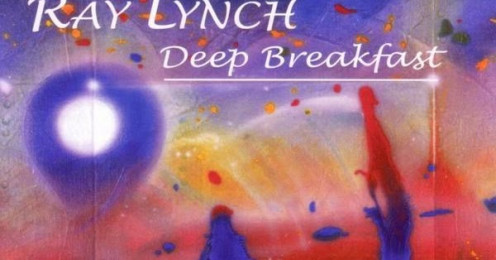
Ray Lynch - Deep Breakfast (2001)
This is definitely the lightest of all the albums listed here.
Like the previous album, Ray Lynch's "Deep Breakfast" is not classified as Electronica, but New Age. I suppose that's a fair classification in some respects. However, Electronica represents a wide range of style, from ambient to new age on one end to hard-core dance techno on the other.
There's no doubt that you'll hear elements from some of the other albums on this list in Lynch's music. And while it might be too much New Age for some, his melodies are very calming and he also provide rich soundscapes to back them up. Those familiar with Andreas Vollenweider will hear some of that harp-type stuff in Ray Lynch. Well, a lot of it perhaps. Lynch's stuff trends more toward the ambient side.
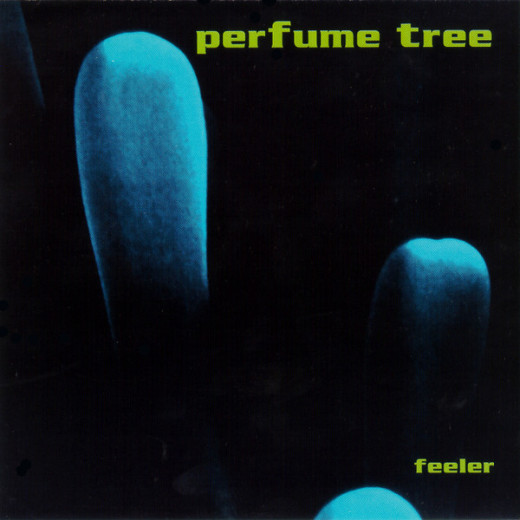
Perfume Tree - A Lifetime Away (1996)
Ultimately, where you fall in the Electronica realm will determine whether you find these albums compelling. Perfume Tree's "a lifetime away" is less New Age than Ray Lynch, but definitely less edgy than Future Sound of London. Again, you'll hear similar elements to the other albums: digitized sound, complex soundscapes, and human background voices. Still, there's a hard edge in several pieces that will surprise.
Like Lynch's work, Perfume Tree has an ethereal edge to it that gives it something of a meditative quality. While that may sound boring, it also mixes in dance elements, so effectively it's the contrast of these two disparate elements that makes the music compelling.
Best Electronica Group?
This content is accurate and true to the best of the author’s knowledge and is not meant to substitute for formal and individualized advice from a qualified professional.
© 2011 Allen Donald

